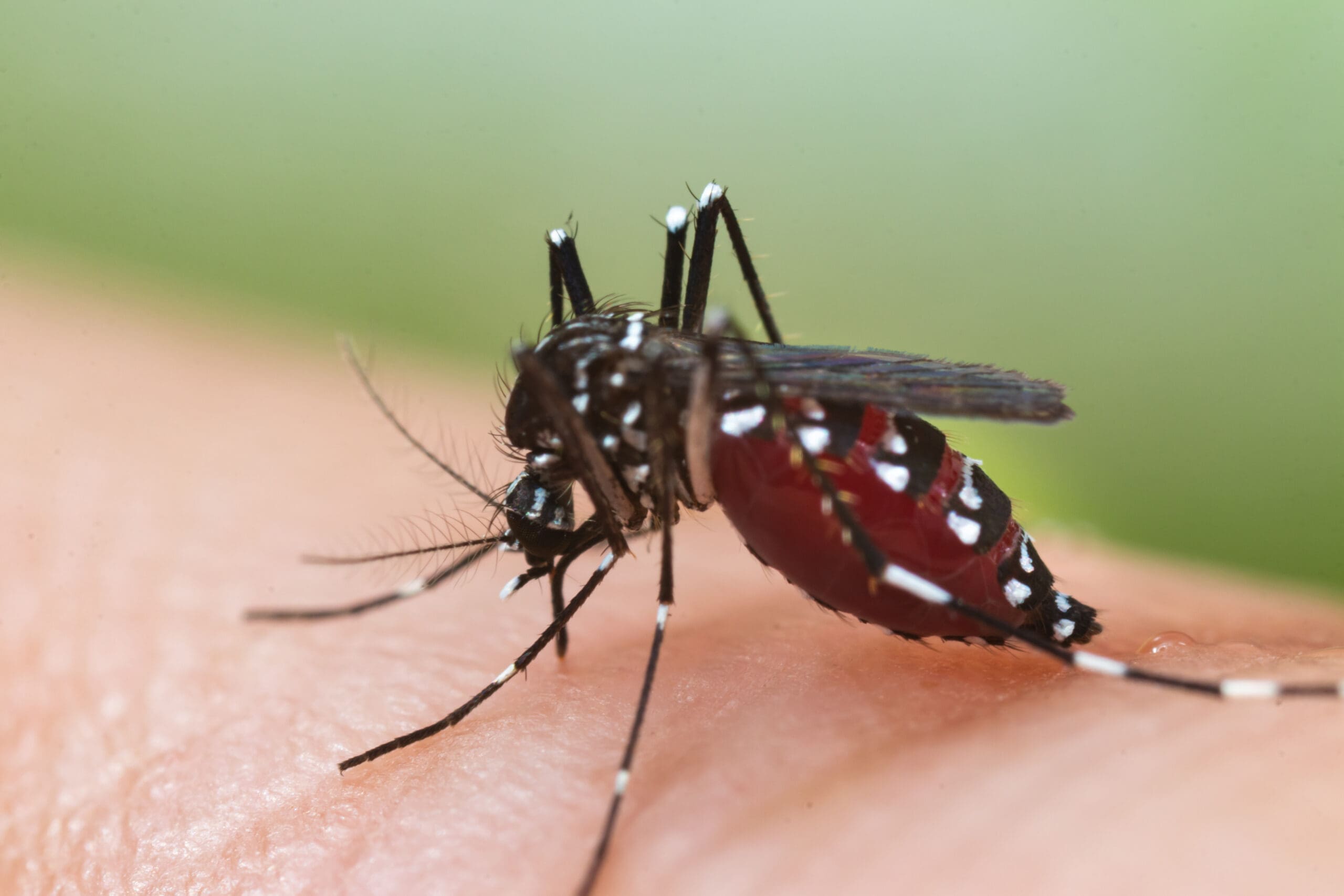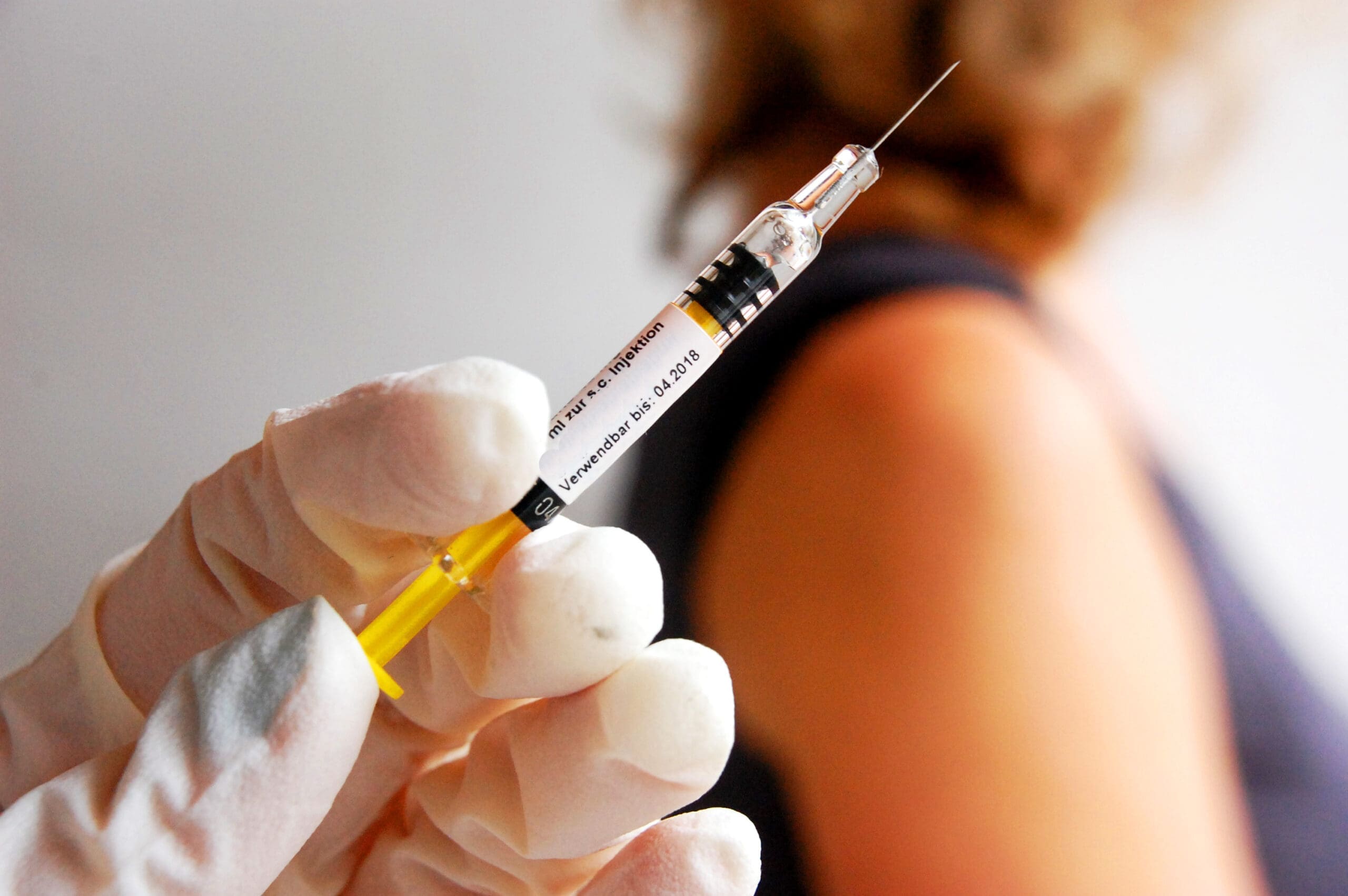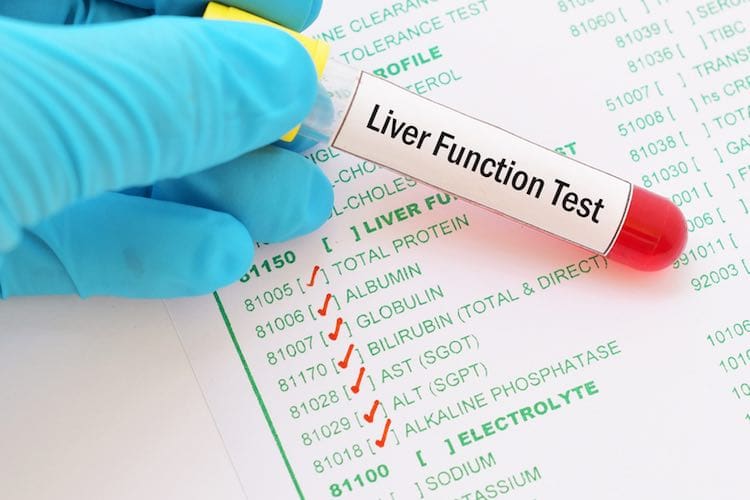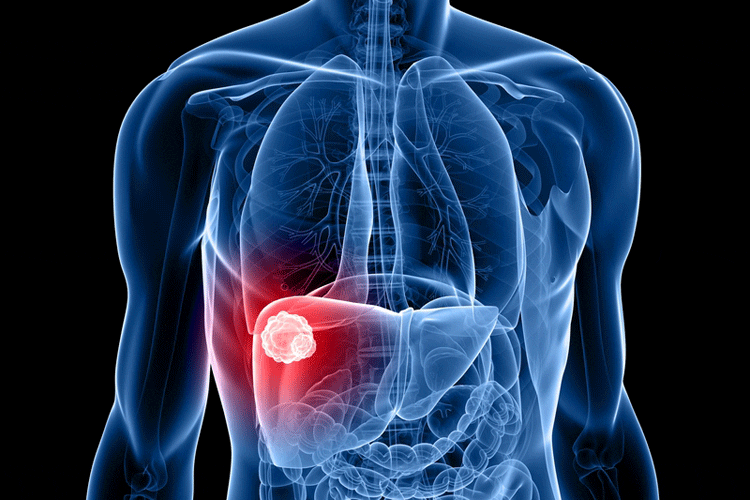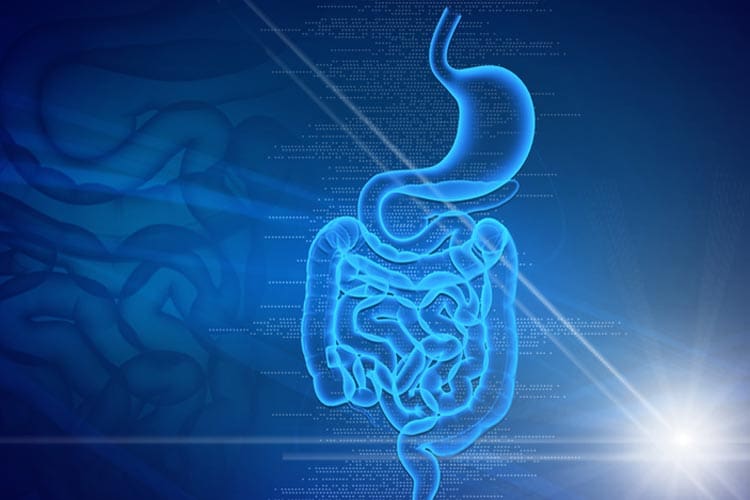Dengue is a viral infection transmitted by mosquitoes in tropical areas, including north Queensland. Most people recover fully, but the severe form – dengue haemorrhagic fever – can be fatal.
hepatitis
Vaccination and antibodies
See how vaccines prepare your immune system to fight disease by taking advantage of the fact that the immune system can remember infectious organisms.
Barrett’s oesophagus
Barrett's oesophagus affects some people with gastro-oesophageal reflux disease. Having Barrett's oesophagus increases your risk of developing oesophageal cancer.
Liver function testing
Find out about the substances tested in liver function tests (blood tests) and how they can help determine the health of your liver.
Irritable bowel syndrome: what you need to know
Irritable bowel syndrome (IBS) is a disorder in which the normal rhythmic movement of your gut (bowel) is disturbed – this can lead to abdominal pain, bloating and excessive gas.
Travellers’ diarrhoea
Contaminated food and drink are the major sources of travellers’ diarrhoea. High-risk regions for an attack include the majority of Asia, the Middle East, Africa, Mexico, Central and South America.
Gilbert syndrome
Gilbert syndrome is a mild condition in which there is an excess of bilirubin in the blood. You may at times develop mild jaundice, with slight yellowing of the skin and whites of the eyes.
Hepatitis C infection
People infected with hepatitis C virus can develop chronic (ongoing) infection. Treatment with antivirals can cure hepatitis C and prevent the complications of chronic infection.
Liver cancer
Liver cancer can start within the liver (called primary liver cancer) or come from other parts of the body and spread to the liver (called secondary liver cancer, or liver metastases).
How your food is digested
The digestive system is a series of hollow organs such as the stomach and small intestine. Digestion starts in the mouth with the production of enzymes.

